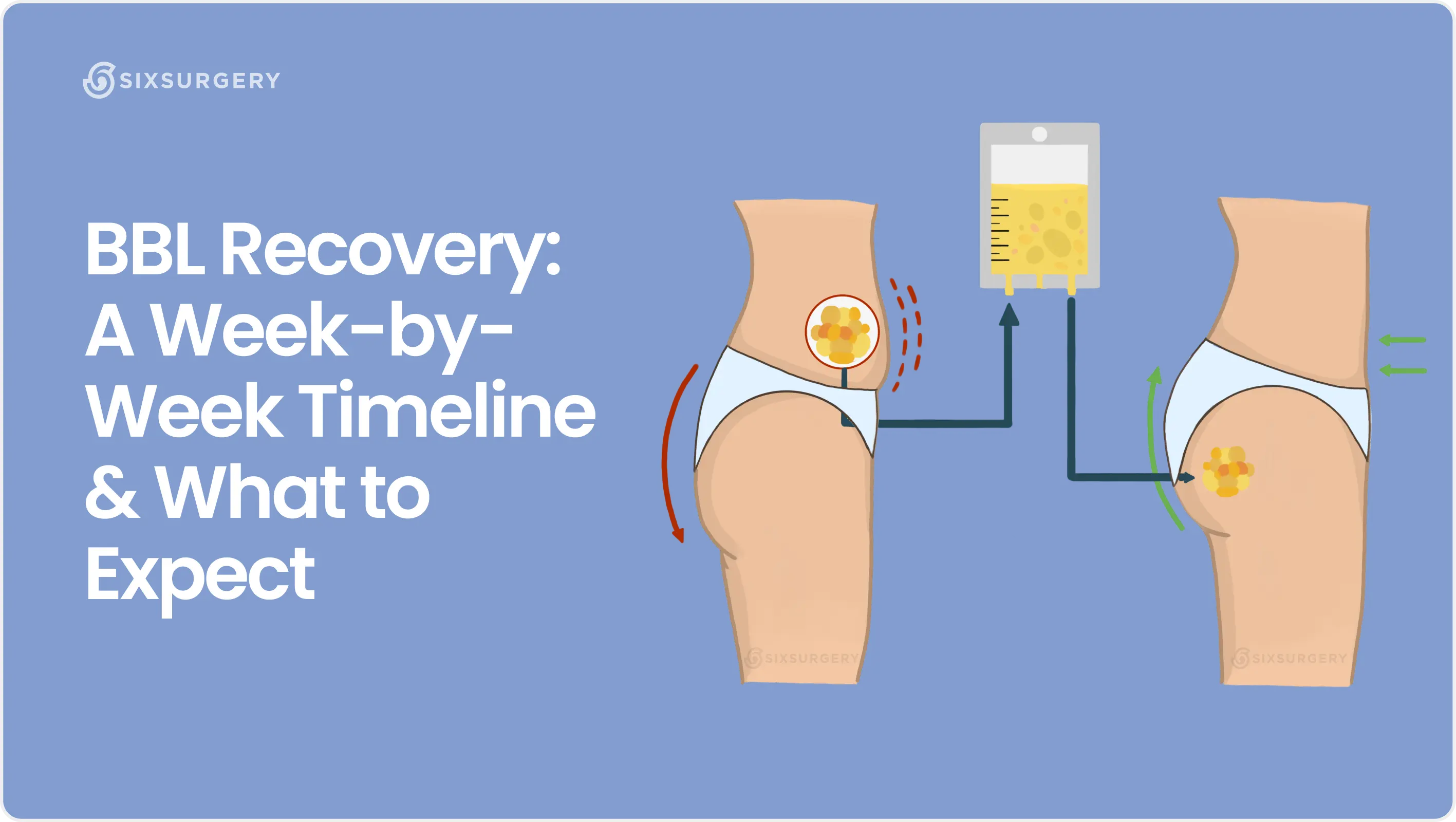Breast
Breast AugmentationBreast Lift (Mastopexy)Breast ReconstructionBreast ReductionTop SurgeryFat Transfer Breast AugmentationAccording to Coinbase co-founder Fred Ehrsam, over ten percent of the US people own crypto-currency in the United States. With further adoption, Merchants are increasingly becoming more open to accepting Bitcoin as payment for goods and services with one of the biggest deterrents being Bitcoin’s volatility. A report by JPMorgan has Bitcoin’s volatility now falling on both a 3 and 6-month measure, spurring adoption across many industries.
Elon Musk announced that customers can now purchase Tesla vehicles with the crypto-currency, ranging from 1 to 2 Bitcoins in price. Tesla joins hundreds of other companies like Overstock, Burger King, Virgin Galactic and Norwegian Air.
An interesting industry jumping on the trend is cosmetic surgery, who processes billions of dollars in international transactions every year. The plastic surgery business alone is set to reach $67 billion in annual transactions by 2026. As clients increasingly face privacy concerns and a desire for anonymity, they are turning to Bitcoin for payments. Most of the global medical tourism markets in North America, Europe and the Middle East have recognized this demand and turned to Bitcoin in California, Florida and even South Korea, targeting “medical tourists.”
One doctor leading the trend is Dr. Martin Jugenburg, popularly known on instagram as ‘Dr. Six’. He founded SixSurgery at the Toronto Cosmetic Surgery Institute; a team of renowned Board Certified Plastic Surgeons hand selected for their achievements, professionalism, and outstanding results in their respective fields. We got to speak to Dr. Martin Jugenburg about his clinic’s decision to start using cryptocurrency where he states that the majority of such requests come from clients coming from overseas, particularly from the Middle East, and those seeking culturally sensitive procedures.
As an acclaimed surgeon in his field, Dr. Six admits that he was unsure of Bitcoin when it was first presented to him. “I heard about Bitcoin about ten years ago, but I always viewed crypto as a fringe thing. It seemed like a cool technology that hackers can use, but it was too niche and not user friendly for me to engage with. In business you have to take risks. Becoming one of the first surgeons active on social media was a risk for me too. Now I believe we are at a critical point where Bitcoin is becoming common-place. I believe people will use crypto cards the way they will have visa cards.”
Admitting that accepting bitcoin can seem like a “leap of faith” with the volatility, Dr. Six sees that as a price he’s willing to pay for the plausible benefits. The jump to accepting cryptocurrency is largely due to the fact that it allows him to operate globally, and accept payment anywhere. By using CoinBase commerce and Cointracker to track payments and taxes, Dr. Jugenburg and his team were eager to migrate to a system without the hassle of multiple currencies, wires, or third party fees.
Dr. Six however recognizes it might take a couple years and that he is very lucky to be able to take the risk of accepting cryptocurrency early. As one of the most well known plastic surgeons in Canada (for his viral online persona RealDrSix, famous for his realistic portrayal of the industry) he is able to see more patients in a month than many surgeons see in a year which allows him the liberty of taking that risk of even holding in cryptocurrency versus converting it immediately to follow suit of some of the large corporations like MicroStrategy and Tesla that are buying Bitcoin for their balance sheets as a hedge against inflation. Smaller businesses are also becoming more open to this approach, instead of converting payments immediately to cash.
Of the future of cryptocurrency in the world of healthcare, Dr. Jugenburg says: “I see cryptocurrency and the blockchain to transform the medical industry by having the potential to put the power in the patient’s hands allowing them to manage their own care through a patient-centered model. A network can be created and regulated by patients leaving out third parties and allowing for scalability. There are a number of flaws within the medical industry; healthcare hierarchy, data ownership, and data security to name some. There’s also been occurrences where a mixture of health records or unknown history in an emergency could lead to potentially life threatening situations, which the blockchain could solve. There’s still a way to go, but if the confidentiality piece is addressed I see opportunity for blockchain in the health industry. Storing and managing health information, insurance information… The possibilities are endless.”











